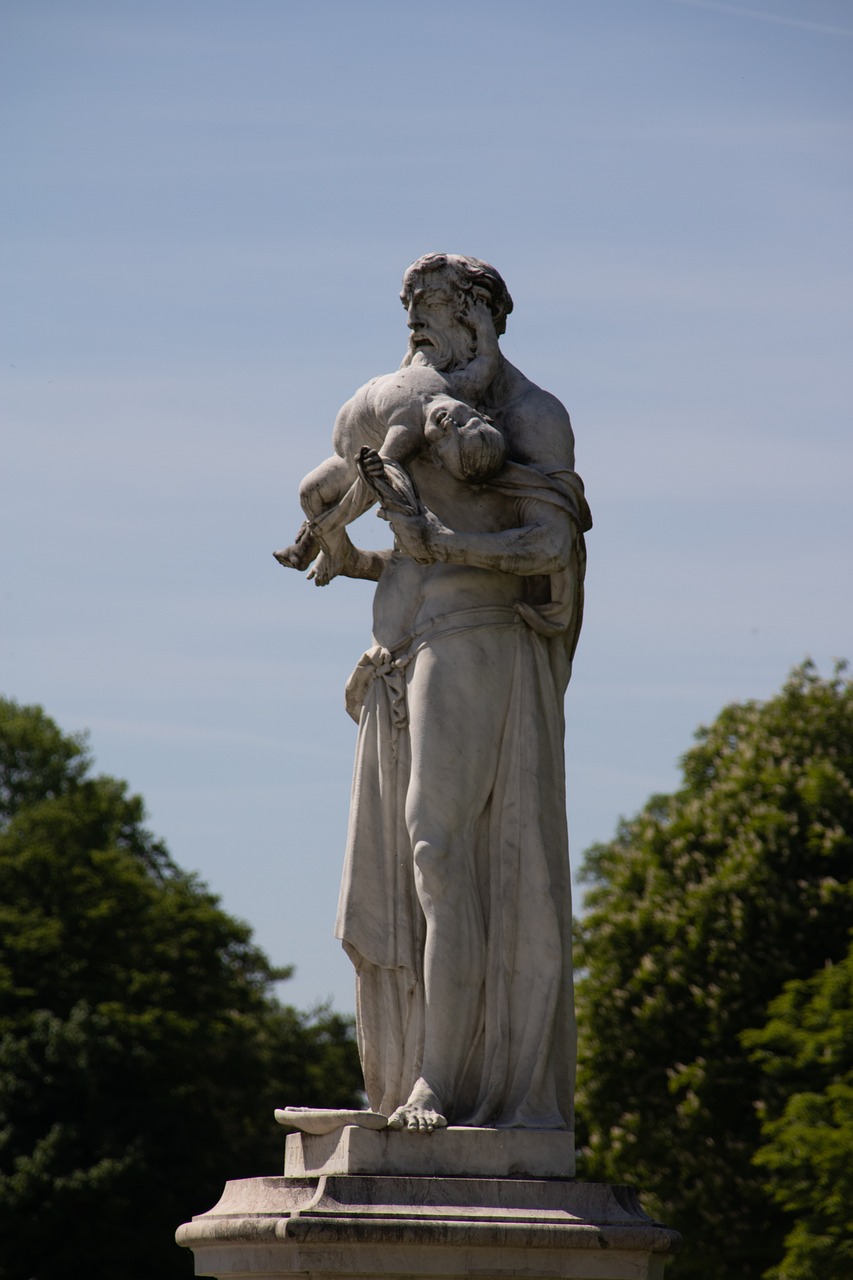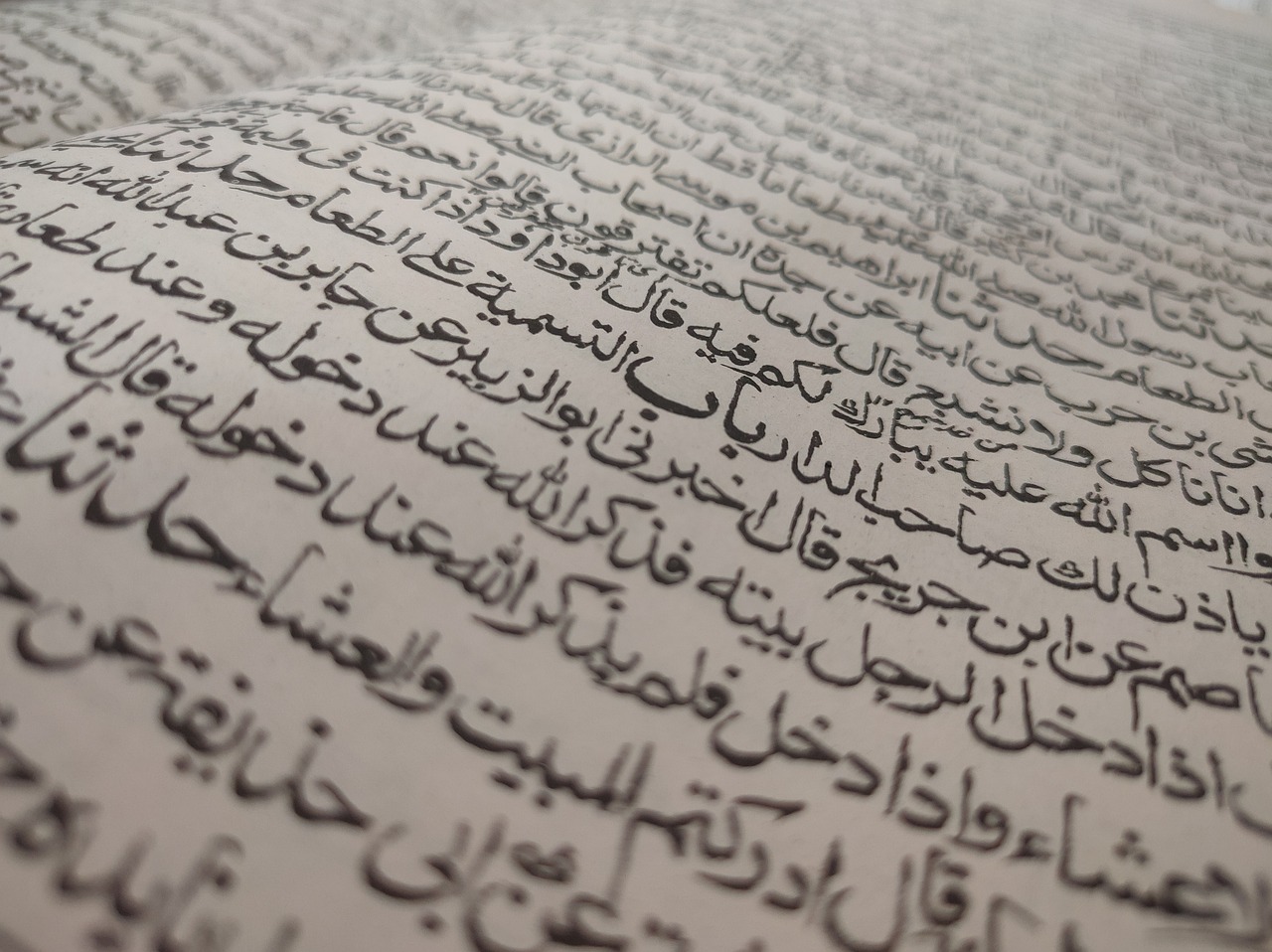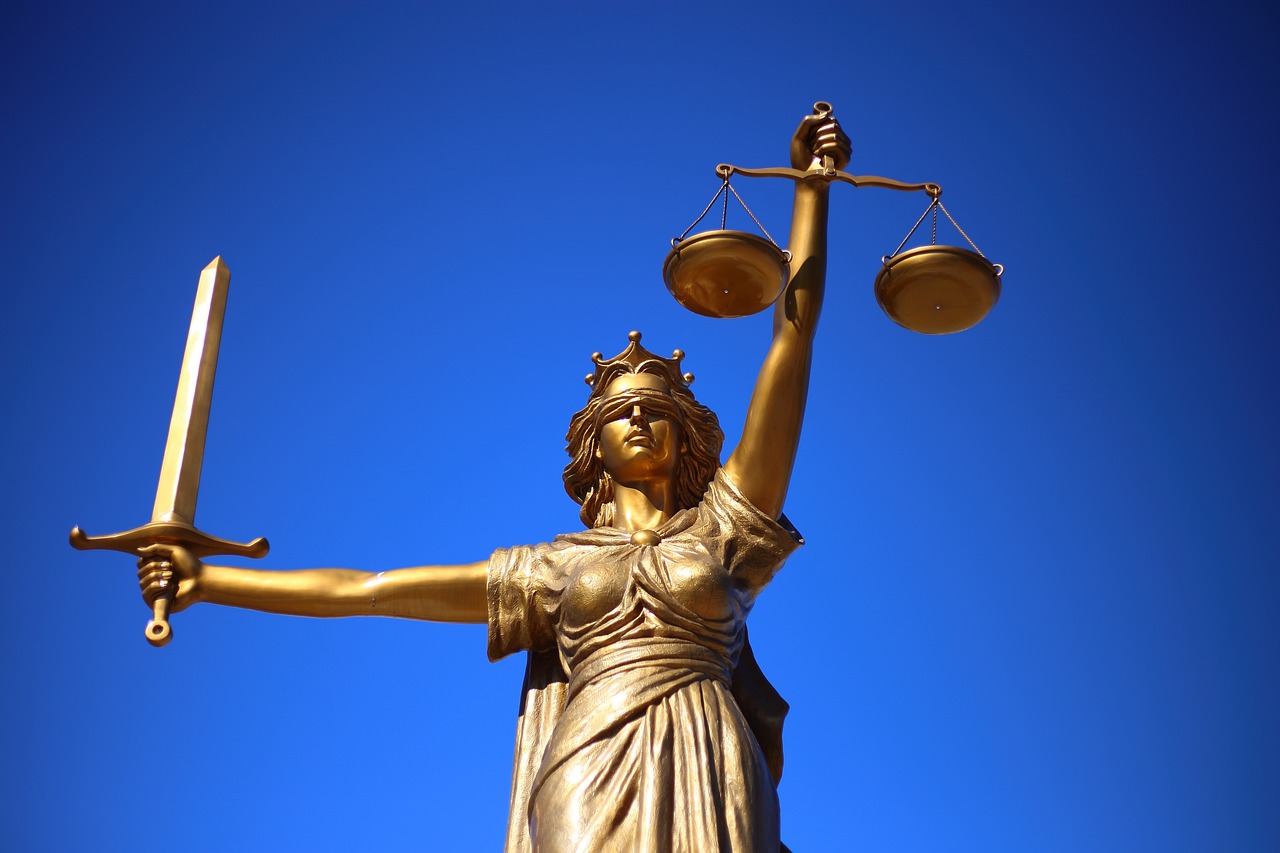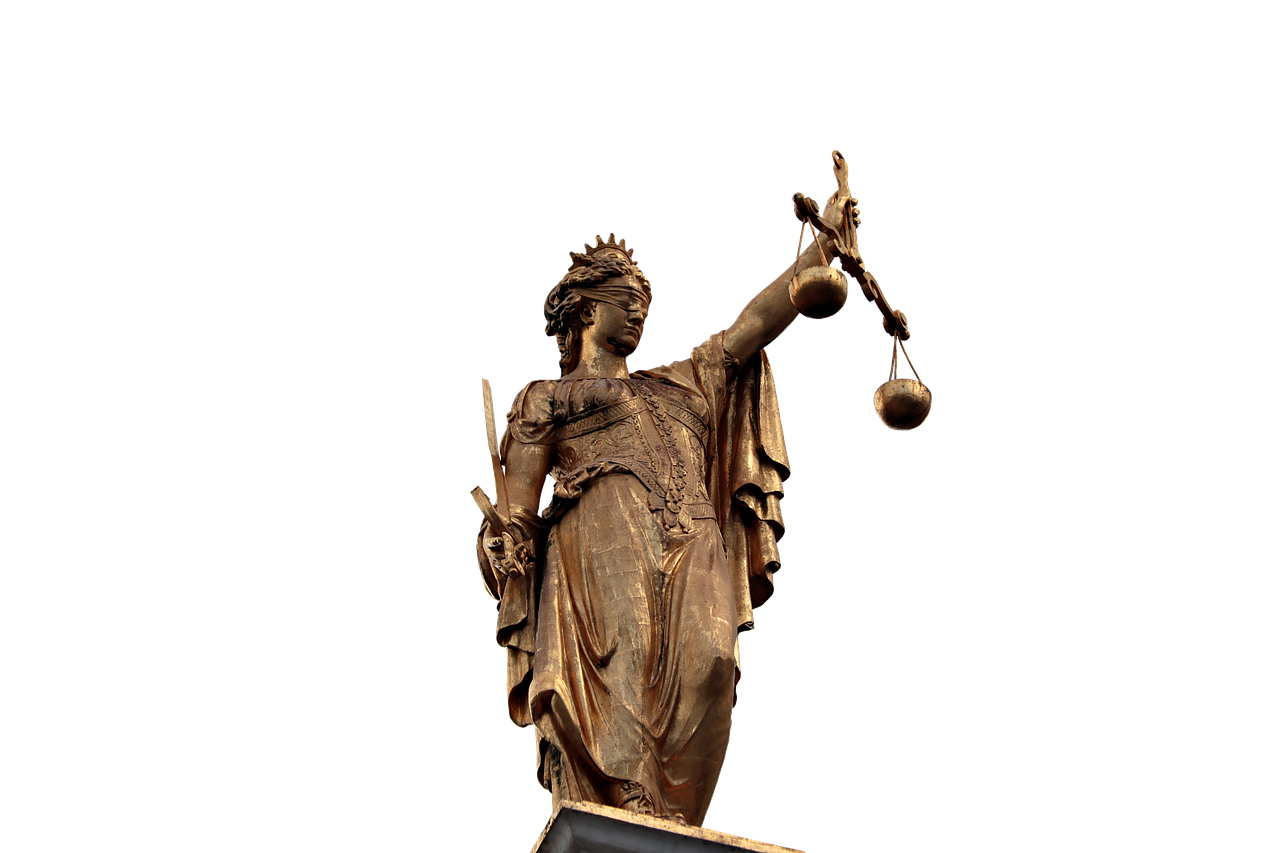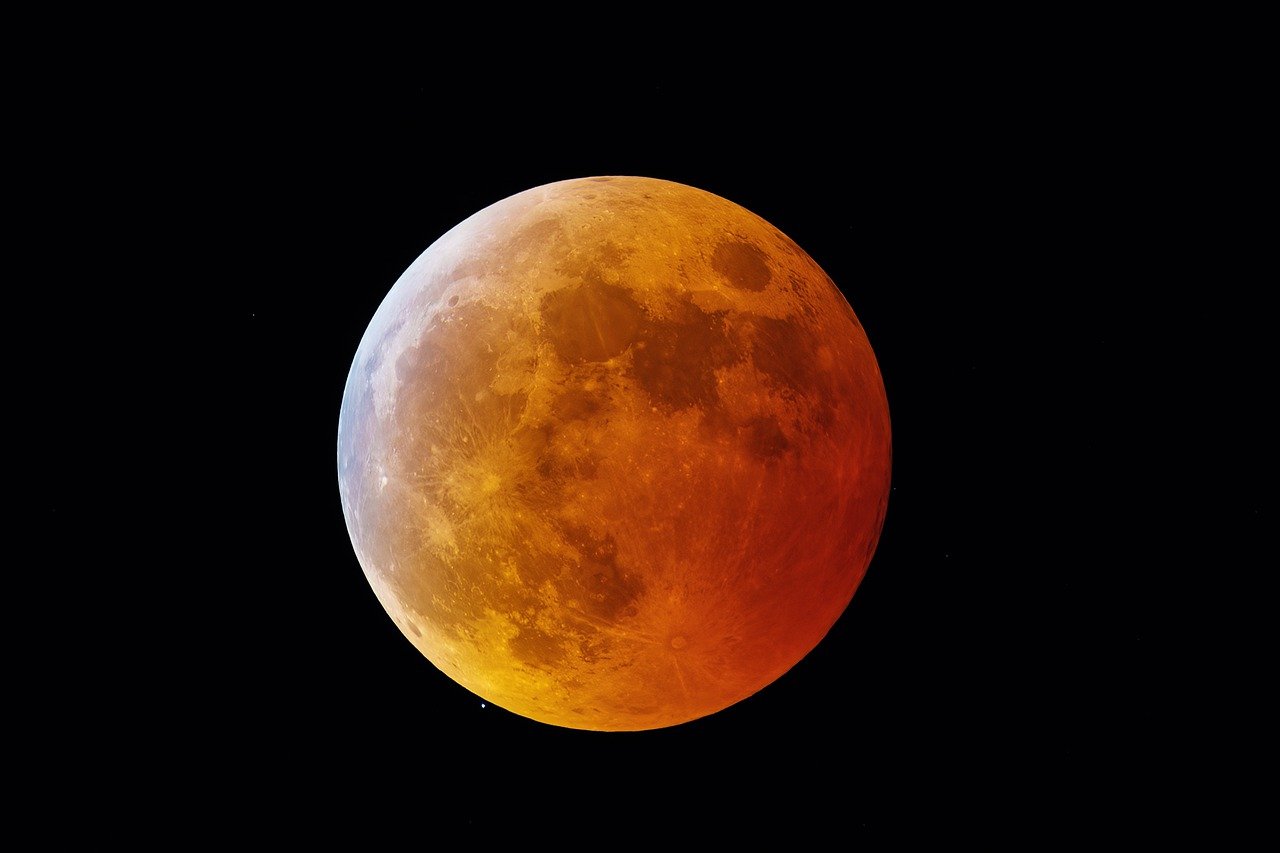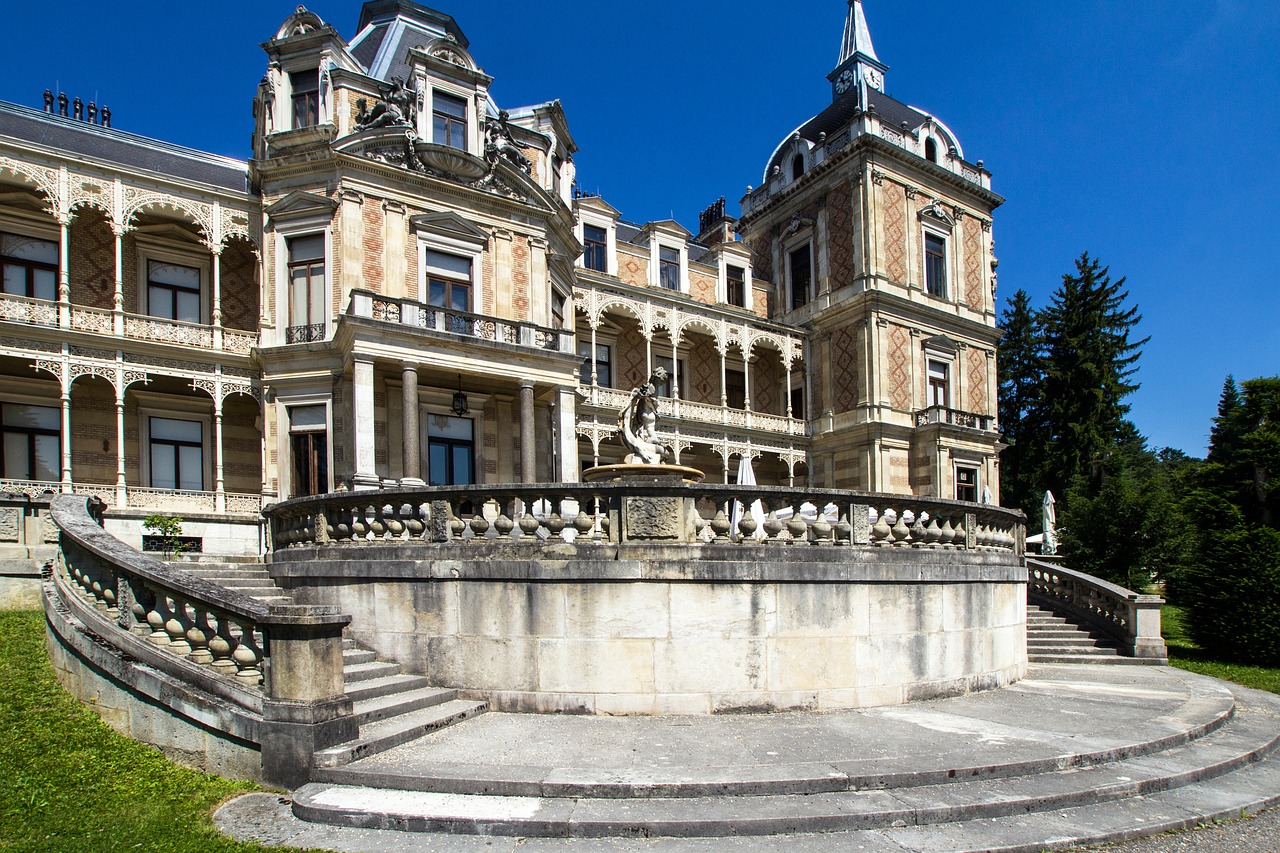Tag: Greek mythology
-
This gallery showcases a variety of interpretations of Zeus, a prominent figure in Greek mythology, alongside portions of his temple. Regarded as “the father of gods and men,” and “the god of sky and thunder,” Zeus stands out as the most potent deity in the pantheon. This exploration aims to unveil the different artistic representations…
-
Hector: The Hero of Troy Hector stands as the eldest son of Priamus and Hecabe, renowned for his roles as Andromache’s husband and Astyanax’s father. Within the works of Homer, he emerges as a central character among the Trojans, mirroring the significance of Achilles among the Greeks. Homer appears to hold a deep affection for…
-
The Legacy of Cronus: King of Time Pronunciation: kroh-nuhs Other Names: Kronos Origin: Greece Cult Center: Athens, Gades, Lebadeia, Olympia Role: Ruler of the Heavens Symbols: grain, harpe, scythe, sickle, snake Wife: Rhea (his twin sister) Children: Demeter, Hades, Hera, Hestia, Poseidon, Zeus Who is Cronus? Cronus, the offspring of Uranus and Gaia, reflects on…
-
Hades: The Ruler of the Underworld Hades, known as “the Unseen,” or Pluto (“the Wealthy One”), is a prominent figure in ancient Greek religion, recognized as the god of the underworld. As the offspring of the Titans Cronus and Rhea, he is among the siblings of key deities like Zeus, Poseidon, Demeter, Hera, and Hestia.…
-
Hestia: The Goddess of Hearth and Home Introduction Hestia is a revered figure among the twelve Olympian gods and goddesses in Greek mythology, embodying the concepts of the hearth, home, and family. Prize for her calming and caring demeanor, she is often illustrated alongside a flame, symbolizing the comforting hearth fire that nourishes and warms…
-
Uranus: The Primordial Sky God in Greek Mythology Uranus (Ouranos) ranks as the earliest god of the heavens in Greek mythology, embodying the sky as a massive dome of brass adorned with stars. In this ancient world view, the edges of the sky connected to the earth, resting on its furthest reaches. Uranus represented the…
-
Gaea: The Primordial Goddess of the Earth Gaea, known as Gaia, served as the embodiment of Earth in Greek mythology. Recognized as one of the primordial deities, she emerged at the very beginning of creation. Revered as the universal mother, Gaea was the progenitor of numerous divine beings. Her unions with various gods led to…
-
Uranus, known as Ouranos in Greek mythology, represents the sky and heavens. His Roman equivalent is Caelus. Created by Gaia (the Earth), Uranus served as her complement, leading to the procreation of the twelve Titans, the three Cyclopes, and the three Hecatoncheires. However, Uranus harbored a deep disdain for his offspring, imprisoning them beneath the…
-
Gaea (Gaia): The Primordial Goddess of Earth Gaea, also known as Gaia, was the embodiment of the Earth and held a revered position as a primordial deity in Greek mythology. According to ancient tales, she emerged at the beginning of time, representing the very foundation of creation and nurturing all life forms. As the Great…
-
Hermes: The Messenger of the Gods Hermes, recognized as the Olympian deity of a myriad of domains, was integral to Greek mythology. He represented herds and flocks, travel, hospitality, roads, trade, cunning, and even athletics. Serving as the herald and personal envoy for Zeus, the ruler of the gods, Hermes also undertook the somber task…



